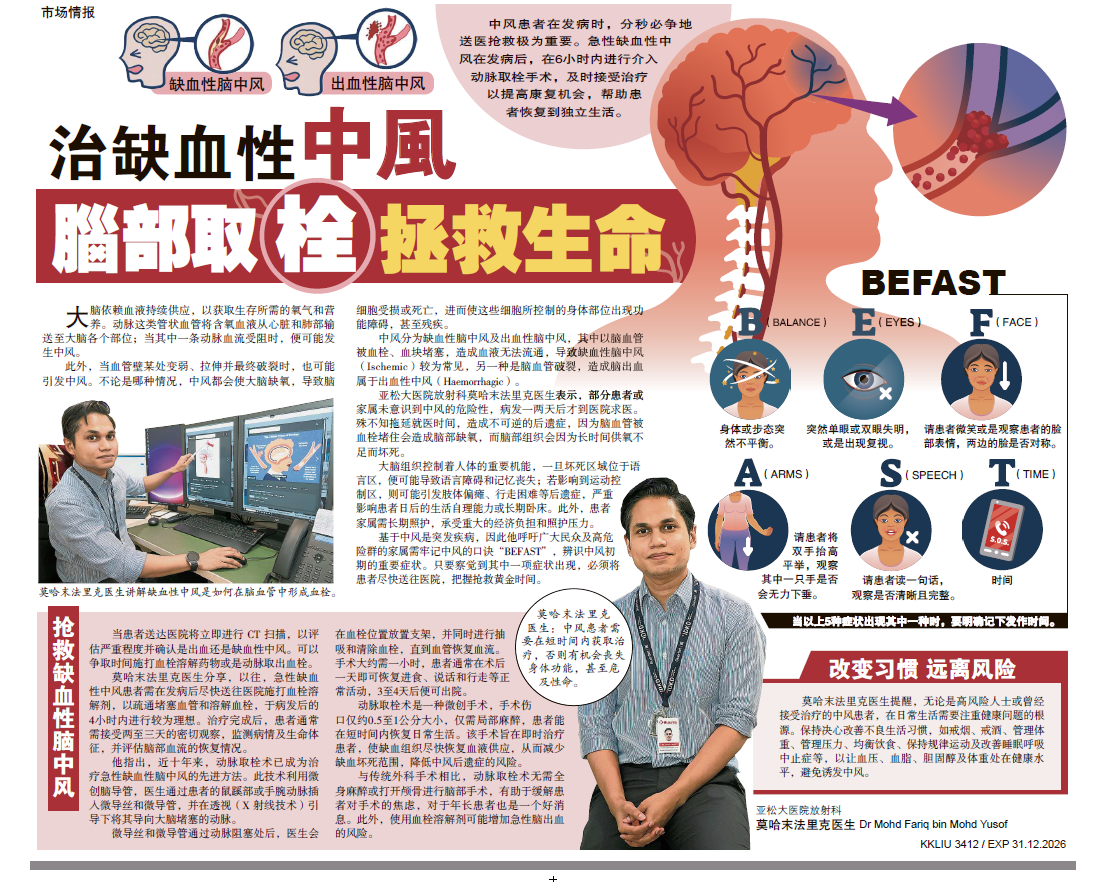Ah, retirement, that golden period in life where work takes a back seat. Do you think of retiring after an average of 40 years of work, and have you thought of how life is going to unfold once you hit 80 years of age?
Retirement can be defined as “withdrawal from one’s position or occupation or from active working life.” (Mish F.C. 1983). In Malaysia, the Minimum Retirement Age Act 2012 states that the minimum age of an employee shall be upon the individual attaining 60 years of age.
There are many myths and stereotypes in our community towards life after retirement. Some examples of these, collected via clinic interviews include:
Older adults do little more than sit in a chair, watch television and sleep.
Those who continue working are inefficient and miss many working days due to illness.
Individuals over 65 always have diseases that limit their freedom. Nothing can help and one has to accept the situation.
Elderly people usually suffer from memory loss.
It’s common knowledge that elderly people lose the ability to care for themselves and subsequently only increase their family’s burden.
Importance of daily living engagement activities
It is important for older people to engage in some form of daily activity. These can include:
Social integration: church attendance, recreation, group activities.
Physical mobility: sports, walking, swimming, dancing and bicycling.
Cognitive activities: reading, writing for pleasure, doing crossword puzzles, playing board games or cards.
Productive activities: gardening, preparing meals, shopping, baby-sitting.
Some of the challenges faced by the elderly in doing these include disease and disabilities, the risk of falling due to environmental factors and a lack of social support due to negative psychology towards ageing.
Roles of occupational therapy in active ageing
Aging in place and home: Home visits to assess and modify your house to meet your needs e.g. provide suggestions for adaptive equipment such as grab bars and reachers to avoid bending and replacing door knobs with lever types, etc.
Low vision rehabilitation: Implement adaptive tips, lighting options, low-vision devices and medication management strategies.
Driving and community mobility: Driving assessment and recommendation on fitness to drive as well as education and training in using public transit with a disability and maintaining social connections.
Social participation and social networking: Address access to technology for social participation e.g. motorised wheelchairs as well as encouraging social engagement through group therapy.
Living with dementia: Includes providing strategies to manage difficult or unusual behavior, modifying activities that dementia suffers once enjoyed to provide mental stimulation, and recommending changes to make tasks easier to perform independently.
Care for caregivers: Provide educational sessions and emotional support for caregivers.
Mental health: Addressing needs and designing work plans to overcome mental problems and providing group therapy for social support.
Chronic diseases management: Identifying solutions to personal and environmental barriers limiting the elderly from engaging in daily activities. Self-management programmes enable those with chronic diseases to optimise health through appropriate routines (modifications when necessary) and participate in meaningful occupations.
Fall prevention: Recommending ways to safely continue doing the things you enjoy based on particular skills and needs as well as providing training and physical conditioning by focusing on items you enjoy e.g. line dancing to improve balance.
For further enquiries, please contact our occupational therapist at the Rehabilitation Department, Assunta Hospital at 03-78723058 / 3624.











